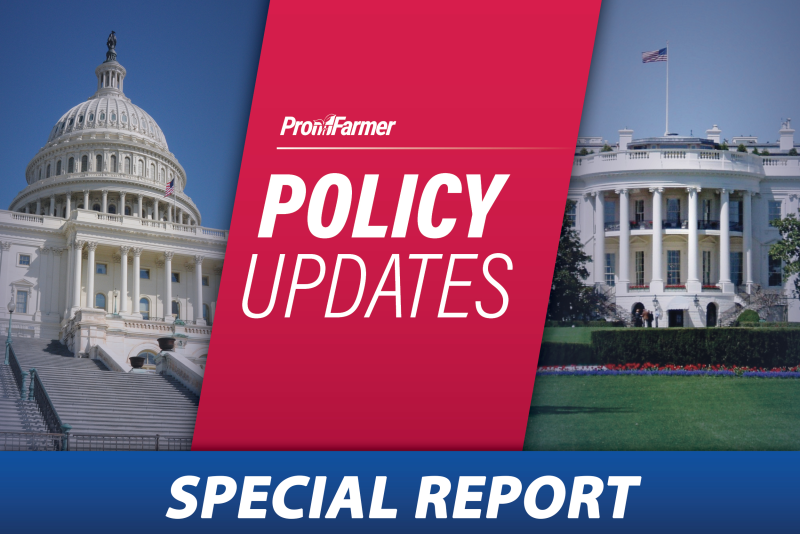The escalating diplomatic clash between the United States and Colombia over deportation flights has erupted into a major international incident, with significant repercussions for both countries. However, officials from both countries are talking to see if a resolution can be found.
Trump’s Retaliatory Measures
President Donald Trump has enacted a series of punitive actions in response to Colombian President Gustavo Petro’s refusal to accept two U.S. military flights carrying deported Colombian migrants. These actions include:
• An immediate 25% tariff on all Colombian imports to the United States, increasing to 50% within a week.
• Travel bans and visa revocations targeting Colombian government officials and their affiliates.
• Enhanced customs inspections on Colombian travelers and cargo.
Trump emphasized the necessity of these measures, describing them as “urgent and decisive countermeasures” against a decision he claims threatens U.S. national security.
Colombia’s Stance
President Petro defended his position by highlighting the need for humane treatment of migrants. He expressed Colombia’s willingness to receive its citizens on civilian flights, without criminalizing them, and called for the establishment of a protocol ensuring the dignified treatment of deported individuals.
President Gustavo Petro announced that Colombia would implement a reciprocal 25% tariff on U.S. imports, and in another, longer post he said those tariffs would hit 50% (link). The Colombian government will help with the process of replacing more expensive U.S. imports with domestic production, he said in a post on X, without elaborating.
Negotiations
A senior administration official said that as of Sunday afternoon, the formal orders were still being drafted for Trump to sign, likely later in the day. The official also said the U.S. and Colombia were negotiating on whether the tariffs could be avoided. In a statement on Sunday, Colombia said it would offer the presidential plane to ferry migrants back. And Petro’s recently appointed Foreign Affairs Minister, Laura Sarabia, said that Colombia was open to talks with the U.S.
Impact on U.S./Colombia Relations
This incident represents a pivotal shift in the historically strong relationship between the U.S. and Colombia, notably affecting their trade ties. The tariffs imposed by the U.S. could lead to significant economic consequences, disrupting the trade dynamics established under the 2012 U.S./Colombia Trade Promotion Agreement.
U.S. ag sector impact of Colombia tariff
Trump’s actions would seem to undercut his goal to reduce his country’s trade deficit. Unlike Mexico or China, Colombia is one of the few countries with a trade deficit with the U.S., of around $1.4 billion, according to U.S. trade data cited by the Associated Press. Colombia is a significant buyer of U.S. corn and corn feed, helping boost U.S. commodity exports from the farm belt to more than $733 million last year.
Broader Context
This diplomatic clash is unfolding amid Trump’s intensified focus on immigration enforcement, including the use of military resources for border security and deportations. The deployment of military aircraft for deportation flights is a critical element of this strategy.
International Reactions
The situation has drawn attention across Latin America, with Mexico previously rejecting a similar U.S. request involving military aircraft for deportations. This growing resistance to U.S. deportation methods could pose challenges to Trump’s immigration policies.
Looking Ahead
As the situation evolves, its outcome is likely to influence U.S./Colombia relations, regional diplomacy, and broader discussions around immigration policies and human rights. The international community is closely monitoring how these developments will reshape the landscape of U.S. foreign relations in the region.

